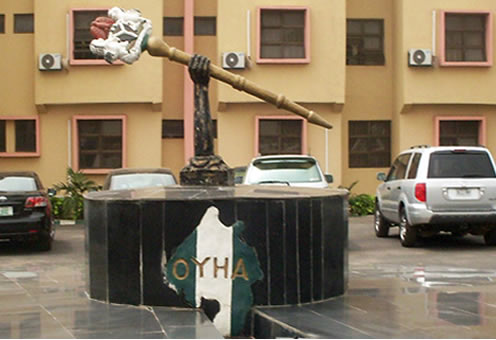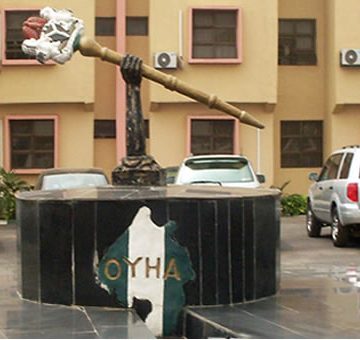Hopes of members of the Nigeria Union of Local Government Employees (NULGE), for the State Assembly to consent to the abrogation of State Joint Local Government Account and subsequent grant of local government autonomy, were left in limbo as the Assembly on Tuesday stepped down those constitutional alterations.
Considering 15 alterations to the constitution, as handed down by the National Assembly, at its plenary, Speaker of the Assembly, Honourable Micheal Adeyemo, ruled that the Assembly deferred its decision to allow for public hearings because the NULGE and the Nigeria Union of Teachers (NUT) held different positions on autonomy of local government.
It would be recalled that the NUT, in several protests, has stated that the local government lacks the capacity to cater for primary education if granted autonomy, while the NULGE has argued that the local government desired financial, political and administrative autonomy for better functionality.
The alteration 5 and 6 stepped down read, “A bill for an act to alter the provision of the constitution of federal republic of Nigeria 1999 to abrogate the state joint local government account and empower each local government council to maintain its own special account and make provisions for savings in the federation account before distributions to other level of government and for related matters.”
“A bill for an act to alter the provision of the constitution of the federal republic of Nigeria 1999 to strengthen local government administration in Nigeria and for related matters.”
Hundreds of members of NULGE immediately left the legislative chambers after the ruling of the Speaker in disgust.
Speaking on the development, President, Nigeria Union of Local Government Employees (NULGE), Oyo state, Mr Bayo Titilola-Sodo said, “We have met with the Assembly many times and the Honourable House promised public hearings on the issue but we heard from the grapevine that they will be a decision today. But, lo and behold that decision has been put on hold for a public hearing and we shall wait for the date of the public hearing to state our case on behalf of the Nigerian people.”
“We came purposely because of the alteration that concerns the local government system in Nigeria and since a decision has been taken, we decided to leave the Assembly immediately to allow them to continue with the rest of their business in peace.”
Furthermore, the Assembly rejected alteration of the provision of Sections 7, 65, 106, 131, 177 and 228 of the constitution to provide for independent candidature in elections.
Also rejected was an alteration to Section 81 and 121 of the constitution to allow for the procedure for passing a constitution alteration bill in a situation where the President withholds assent.
Other alterations approved by the Assembly were, reducing the period within which the President or Governor authorises the withdrawal of monies from the Consolidated Revenue Fund to three months and specifying the period within which the President or Governor should present its appropriation bill to the legislature.
Also vetoed was disqualifying a person who was sworn in as President or Governor to complete the term of the elected President or Governor from being elected to the same office for more than a single term and providing the Independent National Electoral Commission (INEC) with grounds for de-registration of political parties.







